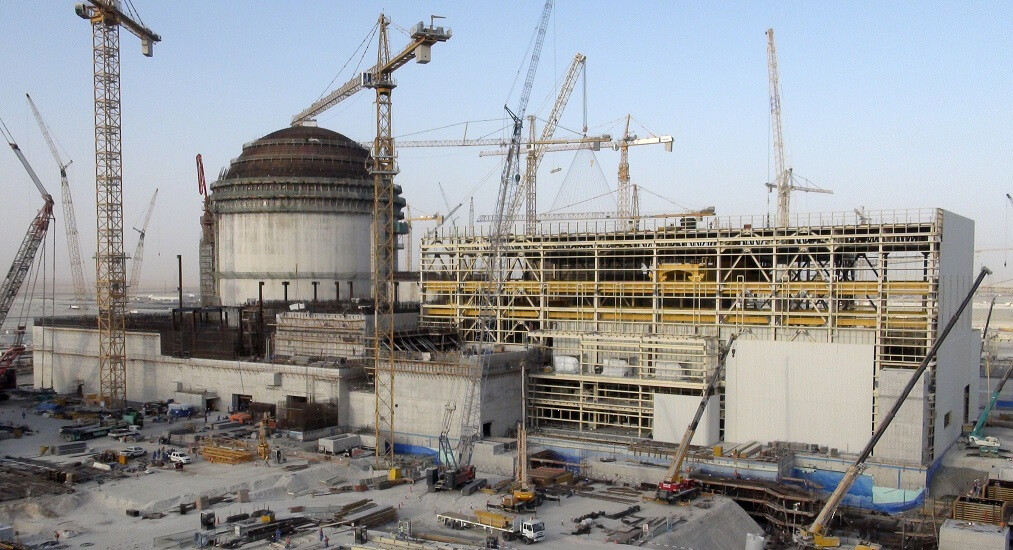
SEOUL/ANKARA - Turkey has once again named South Korea as a major negotiating partner for the construction of its second nuclear power plant (NPP), suggesting a potential trilateral cooperation model that includes the United States. The renewed focus on Seoul underscores Turkey’s drive to diversify its energy sources and secure advanced nuclear technology.
Trilateral Cooperation Model Floated
Turkish Energy Minister Alparslan Bayraktar recently announced in an interview with CNN in Turkey that cooperation with the U.S. and South Korea is being considered for the second NPP project, located in the northern Sinop region on the Black Sea coast. Minister Bayraktar highlighted the possibility of a "Korea-U.S.-Turkey trilateral cooperation model," noting that President Recep Tayyip Erdoğan had already discussed reactor technology with Canada and France, both of whom would cooperate with the U.S.
This development follows earlier negotiations where Turkey had named South Korea, China, and Canada as potential partners for the Sinop project. The minister’s latest remarks, which specifically emphasize the U.S. and South Korea, signal a potential shift toward Western and allied technology, possibly aimed at mitigating geopolitical risks and maximizing technology transfer benefits.
Strategic Timing and Conditions
Minister Bayraktar also reaffirmed that negotiations would require terms similar to the agreement for Turkey's first NPP, Akkuyu, which is being built by Russia’s state-owned Rosatom under a build-own-operate (BOO) model. A crucial requirement for the second plant is expected to be a comprehensive agreement covering technology transfer and know-how acquisition—a condition South Korea has demonstrated capability in, notably through its successful NPP exports to the UAE.
The timing of this renewed push is strategic. President Lee Jae-myung and President Erdoğan discussed cooperation on nuclear energy and defense industries in a phone call in mid-July. Shortly after, Minister Bayraktar first mentioned South Korea as a negotiation country. Furthermore, the first unit of the Russian-built Akkuyu NPP, located in the southern Mersin region, is planned to begin commercial operation by 2026. With Akkuyu set to meet a significant portion of Turkey's energy demand, Ankara is now accelerating its plans for Sinop and potentially a third plant in the Thrace region to meet its long-term goal of increasing nuclear capacity to at least 20,000 MW by 2050.
K-Nuclear on the Global Stage
South Korea’s advanced reactor technology and its experience in major international projects position it as a strong candidate. The trilateral cooperation concept involving the U.S. could be a framework to integrate U.S. regulatory expertise and supply chain with South Korea’s construction and reactor technology.
As Turkey seeks to rapidly expand its nuclear footprint, the coming months are expected to see intensive negotiations to finalize the terms and partners for the high-stakes Sinop project. The outcome will be a crucial test of South Korea’s global competitiveness in the nuclear energy sector and a key determinant of Turkey’s future energy landscape.
[Copyright (c) Global Economic Times. All Rights Reserved.]




























